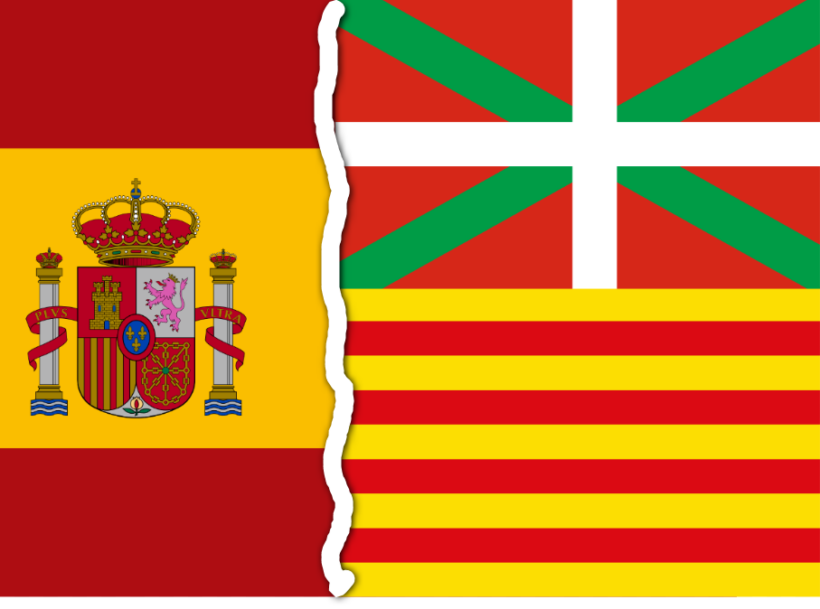Yesterday’s general elections were held in Spain; as usual, the population voted in a similar way all over Spain except in Catalonia and the Basque Country.
While in Spain as a whole the most-voted party was the PP with 33%, followed by the PSOE, and far behind by Vox and Sumar, in Catalonia the most-voted party by far was the PSOE, and the second was Sumar, followed by ERC and Junts (two regional parties). The PP only appeared in fifth place with 13% of the vote.
In the Basque Country, the most voted party was also the PSOE, followed by two regional forces (PNV and EH Bildu), and the PP, with 11%, came fourth, a long way behind.
Beyond the particularity of the regional parties, in Catalonia, it is clear that the three most voted parties are left-wing (counting the PSOE as left-wing, which sometimes it is not), with more than 60% of all votes between them. In the Basque Country, if we add PSOE plus EH Bildu plus Sumar, they also exceed 60%.
It is true that both the Basques and the Catalans have been governed by right-wing parties for many years. The PNV in the Basque case, which still governs (with support from the socialists), and CiU in Catalonia, which is now divided between Junts (who have become rabidly pro-independence) and… well, and the rest have disappeared. Nonetheless, these right-wing parties are the ones that are considered “homologate at the European level”; that is, they are right-wing similar to those in Germany, France, or England. Neoliberal to the core, but relatively liberal in other areas, and they reject fascism. In contrast, the traditional Spanish right, represented by the PP and more recently by Vox, is Francoist, very conservative in all aspects. It opposed at the time the divorce law, the successive laws that put the decision on abortion in the hands of women, or the laws that extended freedoms for non-traditional sexual choices.
The Basques and Catalans also have a republican and anti-monarchist tradition. In short, and beyond linguistic differences (other regions of Spain also have their own languages, such as Galicia, Asturias, or Aragon), I note that there is a cultural and political difference between Catalans and Basques on the one hand and the rest of Spaniards on the other. This helps to explain their desire for independence from Madrid’s centrality.






